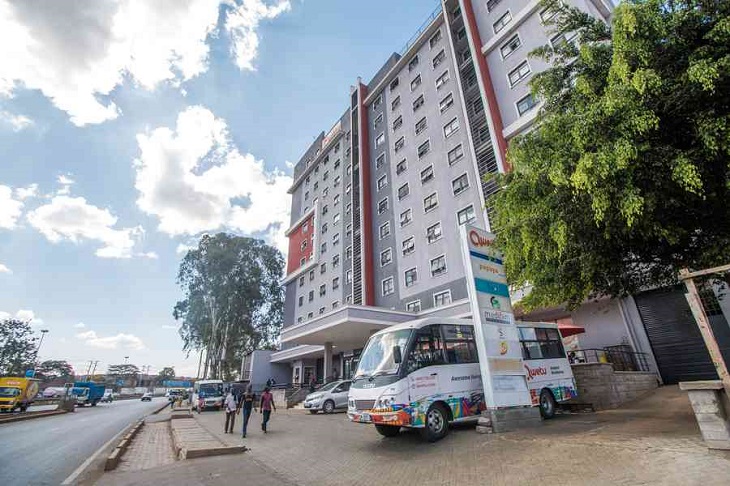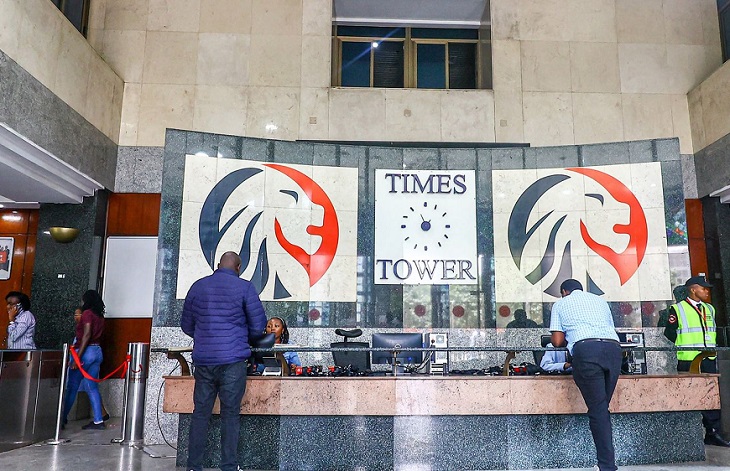Landlords of the Qwetu and Qejani brands of hostels or purpose-built student accommodation (PBSAs) have more reason to smile after signing more partnerships that have stabilized rents.
Latest regulatory filings show that Acorn, the developer and manager of the Qwetu and Qejani PBSAs, signed more partnerships in the first six months of 2025, which boosted occupancy and stabilized income for investors.
The Acorn Student Accommodation Income Real Estate Investment Trust (ASA I-REIT) 2025 Semi-Annual Report states that the REIT has established partnerships with 99 institutions of higher learning, up from 92 at the beginning of the year.
These additional partnerships were critical towards diversifying the REIT’s client base and reducing reliance on key anchor institutions.
“These alliances position ASA I-REIT as a preferred student housing provider. In the first half of the year, 7 new B2B partnerships were signed. This growing institutional outreach has helped stabilize portfolio occupancy above 75%, despite disruptions from a disjointed academic calendar in key anchor institutions,” says the report.
Overall, the ASA I-REIT draws tenants from 189 institutions, while the average occupancy for its seven properties stood at 81%. The best performing properties had occupancy exceeding 90%.
Partnerships are important because they ensure that rent payments are not interrupted by the student holidays.
The ASA I-REIT presently has partnerships with the Mastercard Foundation, M-PESA Foundation, Aga Khan University Hospital, and HEVA fund, which sponsor student accommodation at its properties.
Acorn also stated that it would pursue more partnerships with Tier 1 and Tier 3 institutions for select properties, such as its Jogoo Road, Ruaraka, and Parklands properties, so that when students from universities within these catchment areas go on long school breaks, the void can be filled by students from other tertiary institutions.
These partnerships were crucial in stabilizing rent payments, which resulted in the ASA I-REIT recording an overall operating income of KES 524,368 million over the first six months of 2025, while its operating profit stood at KES 292,972 million. This performance has enabled the ASA I-REIT to offer a KES 0.29 interim dividend per unit.
The dividend, which can be equated to rent, paid to date since 2021 is KES 828 million, excluding the 2025 interim dividend.
This means steady rents for the 7,300 landlords who own these properties through investments such as Vuka. Vuka is Kenya’s first regulated investment platform that allows retail investors to invest in the ASA I-REIT, effectively allowing them to own a stake in Qwetu and Qejani student residences, in essence, becoming landlords.
Related Content: Acorn’s ASA I-REIT Continues To Outpace Nairobi Property Market As Vuka Takes Lead












